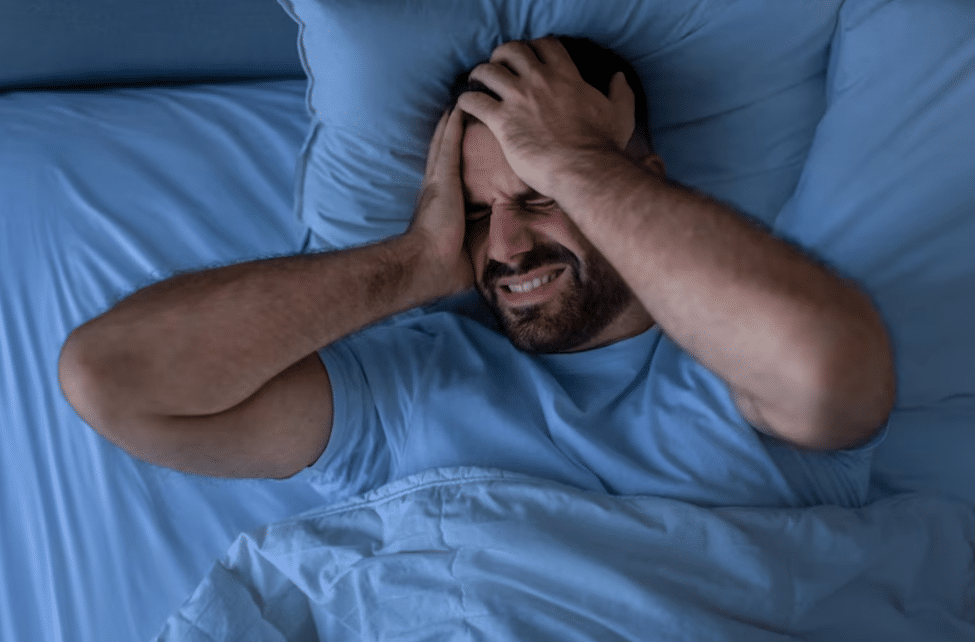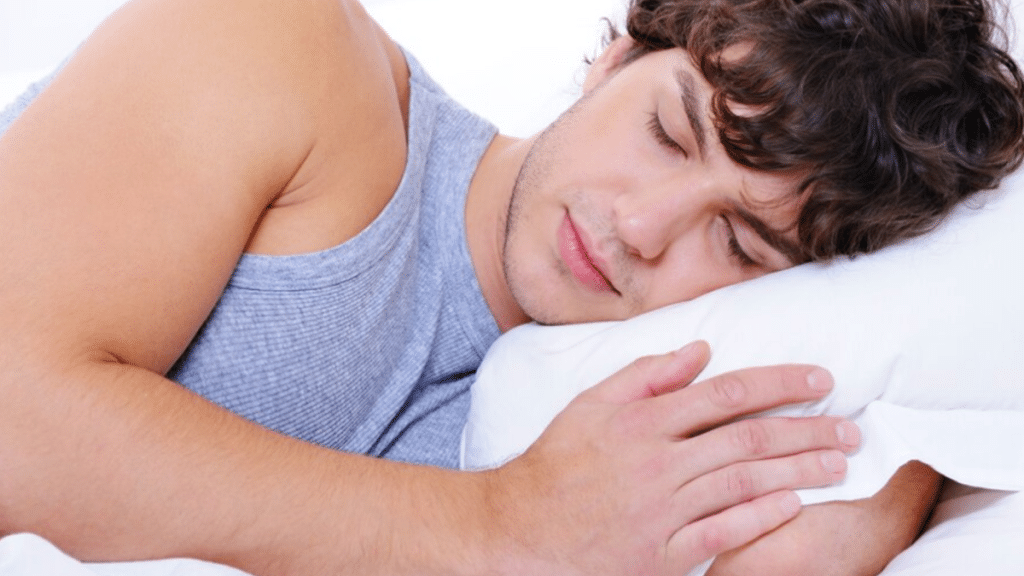Today’s world is hectic, and a good night’s sleep has become a luxury many find hard to afford. Insomnia, a common sleep disorder affecting millions globally, often leaves individuals desperate for relief. Exploring scientifically backed methods to combat insomnia enhances our nightly rest and improves overall health and productivity. This exploration into sleep enhancement focuses on practical, scientifically supported strategies that promise more peaceful nights and energized mornings.
Good Sleep Hygienes Role in Managing Insomnia
Good sleep starts with good habits. Sleep hygiene encompasses the practices, habits, and environmental factors critically conducive to sleeping well. Key elements include:
- Regulating your sleep schedule to stabilize your internal clock.
- Curate a bedtime ritual that signals to your brain it’s time to wind down.
- Optimizing your bedroom environment—think cool, dark, and quiet.
Taking part in relaxing activities such as reading or gentle stretching can also significantly improve your ability to fall and stay asleep. By refining these habits, individuals can set the stage for a restful night without needing medicinal intervention.
Melatonin – The Natural Sleep Promoter
Melatonin, a hormone your body’s pineal gland naturally produces, is essential in regulating our sleep-wake cycle. Its production is influenced by the darkness, signaling the body that it’s time to rest. In our brightly lit world, where screens dominate much of our night, the natural production of melatonin can be disrupted. This is where supplemental melatonin comes into play. Available in various forms—tablets, liquids, and even melatonin patches—supplementation can help restore a natural sleep rhythm. Melatonin patches, in particular, offer a controlled release of the hormone throughout the night, ensuring sustained absorption and potentially leading to more consistent sleep patterns.
CBD – A Promising Aid for Sleep and Anxiety
CBD has surged in popularity as a safe and natural remedy for various ailments, including anxiety and sleep disturbances. For people who often struggle with sleep disruptions and anxiety, CBD can be a game-changer. CBD works by interacting with the body’s endocannabinoid system. This system plays a major role when it comes to maintaining certain body functions, such as mood, appetite, and sleep. Unlike its counterpart, THC, CBD does not induce a high but rather promotes relaxation and reduces anxiety levels. Studies suggest that CBD can decrease sleep difficulties and improve sleep quality, particularly in people who suffer from anxiety-related disorders. For those who travel frequently, incorporating CBD into their nighttime routine can significantly mitigate travel-related anxiety, making it easier to adjust to new time zones and sleep environments. So, take out your CBD lozenges an hour before you’re ready to go to sleep, and let one dissolve in your mouth as you relax and prepare for deeper, more restorative sleep.

Cognitive Behavioral Therapy for Insomnia (CBT-I)
Cognitive Behavioral Therapy for Insomnia, or CBT-I, is a program that helps you learn to identify and replace negative thoughts and behaviors that cause or worsen your sleep problems with habits that promote deep and sound sleep. CBT-I addresses the underlying causes of insomnia, something medicine can’t do. The therapy involves regular sessions with a trained therapist who helps you keep a sleep diary, identify insomnia triggers, and implement various strategies such as stimulus control therapy and sleep restriction. These techniques are designed to build a healthier sleep pattern and have been proven to be highly effective in the long term.
The Impact of Diet on Sleep Quality
Certain foods and beverages can be disruptive right before bedtime. Heavy or rich foods, fatty or fried meals, spicy dishes, citrus fruits, and carbonated drinks can trigger indigestion for some people. In contrast, foods that are high in magnesium and potassium can help relax muscles and nerves, promoting sleep. Almonds, walnuts, bananas, and cherries are among those known to support better sleep. Sipping on chamomile tea or warm milk before bed can also help induce a sense of calm and promote a night of more restful sleep.
Exercise and Its Benefits for Insomnia
Exercising too close to bedtime can actually be stimulating. Morning or afternoon is the best time to engage in vigorous exercise because it boosts the effect of natural sleep hormones like melatonin. Yoga and light stretches in the evening can help initiate a restful night by alleviating muscle tension and reducing stress levels, which often accompany insomnia.
Advanced Techniques and Technologies for Sleep Enhancement
Gadgets such as sleep trackers can monitor sleep cycles and provide insights into patterns and potential disruptions in your sleep environment. White noise machines can mask disturbing noises and provide a calming, consistent sound to help reduce the time it takes to fall asleep. Wearable tech and smart beds are becoming increasingly sophisticated, offering features that adjust the temperature, track sleep quality, and even detect snoring, tailoring the sleeping environment to individual needs for optimal sleep quality.
Embracing a Holistic Approach to Overcoming Insomnia
Overcoming insomnia is rarely about a single magic solution. Rather, it involves a comprehensive approach that combines lifestyle adjustments, psychological techniques, and perhaps even technological assistance. By understanding and addressing the various factors that contribute to sleep disturbances, individuals can find effective, long-lasting solutions to improve their sleep quality. Embracing these science-backed strategies can help transform restless nights into periods of deep, restorative sleep, leading to better health and a more vibrant life.
